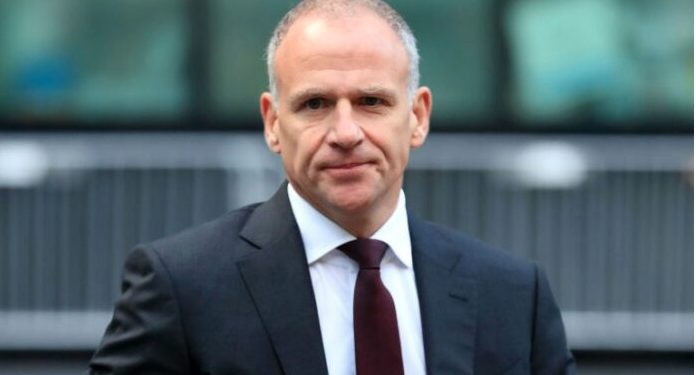The Chief Executive of Britain’s biggest supermarket group, Tesco, has said the National Food Strategy must holistically address the pressing issues of Covid-19, economic contraction and climate change.
Dave Lewis worked for consumer goods group Unilever for 27 years before joining Tesco as chief executive in 2014. He is stepping down on October 1 and will be succeeded by Ken Murphy, a former executive of Walgreens Boots Alliance.
In a piece published by the Financial Times yesterday, Dave Lewis says it wasn’t until he joined Tesco that he understood the intricacies of food chains. “What’s clear to me is we do not take a whole society approach to food. That damages our health, education, economy and environment,” he writes.
He says that a food strategy must be capable of reducing the NHS burden, stimulating growth and serving those least able to afford food.
The government must provide capital to scale innovations
“But heavy-duty change cannot be left to the market. The right regulatory context, access to capital and incentives to innovate are critical. Previous governments missed opportunities: the UK’s Industrial Strategy didn’t focus enough on food despite the UK’s food and farming industry being worth £122bn…,” he writes.
“The UK produces only half its food; we must ask tough questions about efficient land use. That means eating less meat and dairy…
“We cannot do this without incentives for sustainable farming and a strategy to help livestock farmers diversify. Measures are needed to help people adopt more nutritious diets, from fruit and veg subsidies, to a focus on nutrition and diet in education.
“It’s time to get serious about advances like vertical farming that produce more food, on less land. They are cost-effective when running but set-up costs are a big barrier without government help.
“A food strategy must also reward farmers who improve soil health… It must also protect forests and habitats…
“We must hit the UK’s net zero target. Across food operations… government must mandate reduced emissions to accelerate the switch to renewables. It must provide capital to scale innovations like methane-reducing animal feed and supplements, and low-carbon fertiliser.
“Any food strategy must also address animal welfare, food safety and antibiotic use. It must uphold robust UK quality and welfare standards through trade negotiations. A double-tariff system that sets gold-standards for UK farmers, while welcoming low-quality, low-standard food imports will lead to a race to the bottom.
“Finally, we must not compromise on affordability. In the UK, 8.4 million people tread the line between getting by and getting enough to eat. A food system that doesn’t protect our most vulnerable doesn’t work for the nation.”
The full article is available here.
Tesco has a 27% share of Britain’s grocery market.























